How much does it cost to ship from China to Paraguay?
As a landlocked country in South America, Paraguay relies on an increasing number of imported goods year by year, and China is one of the world's largest manufacturing centers. Therefore, how to transport goods from China to Paraguay has become an important issue of concern to many Paraguayan entrepreneurs and importers. How much does it cost to ship from China to Paraguay? There is no simple answer to this question because it involves a variety of influencing factors.
This article will analyze in detail the freight composition and influencing factors of shipping goods from China to Paraguay, helping readers to clearly understand the different aspects of transportation costs.
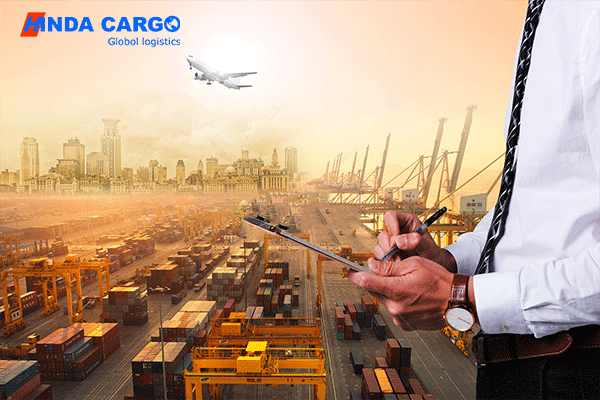
What impact does the mode of transportation have on freight?
The mode of international cargo transportation is one of the most important factors in determining freight. There are three common ways to transport goods from China to Paraguay: sea, air and multimodal transport.
Ocean transportation: an economical mode of transportation suitable for bulk commodities
Ocean transportation is one of the most common modes of transportation in international trade, especially suitable for large quantities of heavy goods or non-emergency materials. To ship goods from China's coastal ports (such as Shanghai, Shenzhen, Ningbo, etc.) to Paraguay by sea, the goods need to be shipped to neighboring port countries (such as Uruguay, Argentina or Brazil) by sea first, and then transported to Paraguay by land or river.
The freight of sea transportation is usually calculated by the volume or weight of the goods, and it is cheaper than air transportation. However, the transportation time of sea transportation is longer, and the overall logistics time from China to Paraguay may take 30 to 45 days, or even longer. Therefore, for those shippers who are not very demanding on time, sea transportation is undoubtedly the most cost-effective option.
For example, the sea transportation price from China to the Port of Buenos Aires in Argentina is usually US$100 to 200 per cubic meter, while entering Paraguay from Buenos Aires by land or river transportation may require an additional fee of about US$100 to 150 per ton. Therefore, overall, although sea transportation takes a long time, it is still the most economical option for transporting goods from China to Paraguay.
Air freight: an expensive option with high time efficiency
Air freight is a suitable mode of transport for high-value and time-sensitive goods. Although air freight is fast, generally only 3 to 7 days from China to Paraguay, the cost of air freight is relatively high, especially when the weight of the goods is large.
Air freight costs are usually charged by weight, and the actual weight and volumetric weight (i.e. the weight calculated based on the volume of the goods) are distinguished, and the higher of the two is used to calculate the cost. The price of air freight from China to Paraguay is generally 5 to 10 US dollars per kilogram, depending on the weight of the goods and the airline. In addition, air freight also includes other additional charges such as fuel surcharges and airport fees.
Therefore, for those goods with light weight, small volume and high time efficiency, air freight is a viable option, but its high cost makes it unsuitable for large-scale commodity transportation.
Intermodal transport: a flexible combination method
Intermodal transport refers to the use of multiple modes of transport (such as sea and air, sea and land, etc.) in a complete transportation process, and flexible arrangements according to the needs of the goods. This method is suitable for goods that need to consider both cost and time efficiency.
For example, goods can be shipped from China to major airports in Brazil or Argentina by air, and then enter Paraguay by land or river. This multimodal transport method can ensure a certain transportation speed while controlling costs, but its overall cost is usually still higher than that of single sea transportation.
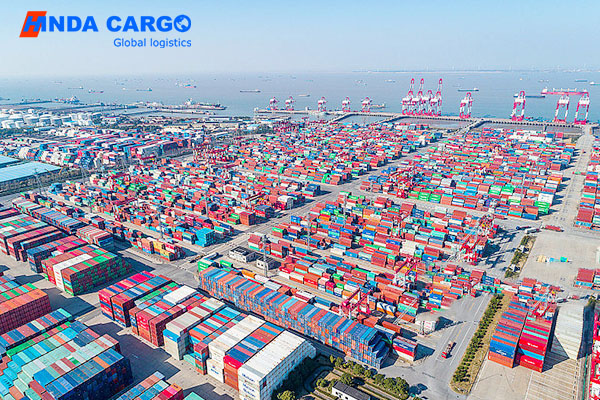
What is the relationship between cargo type and transportation cost?
The type of cargo is also an important factor affecting the cost of shipping from China to Paraguay. Different types of goods may face different handling requirements during transportation, which in turn affects the transportation cost.
Fragile and high-value items
For fragile or high-value items, shipping companies usually charge additional insurance or reinforcement fees to ensure that the goods are not damaged during transportation. For example, when shipping items such as electronics, artwork or jewelry, special packaging and additional insurance may be required to prevent the goods from being lost or damaged. Such additional costs can significantly increase the total cost of transportation.
Heavy or oversized goods
Heavy or oversized goods require special handling equipment, such as cranes or specialized transport tools, which can also lead to higher transportation costs. In sea transportation, if the volume or weight of the goods exceeds the carrying capacity of the standard container, the shipper may need to pay overweight or oversize fees, which are usually calculated based on the actual volume and weight of the goods.
For example, overweight goods may need to pay additional loading and unloading fees per tonnage, which is common in South American ports, especially in landlocked countries such as Paraguay that rely on land and river transportation.
Dangerous goods and regulated goods
The transportation of dangerous goods involves complex safety regulations and special permits, such as chemicals, flammables or toxic substances. The transportation costs of such goods are usually much higher than ordinary goods because they require additional safety measures and handling requirements during transportation.
In addition, the customs regulations of both Paraguay and China may also impose special tariffs or licensing fees on certain regulated goods (such as medicines, weapons, etc.), further increasing transportation costs.
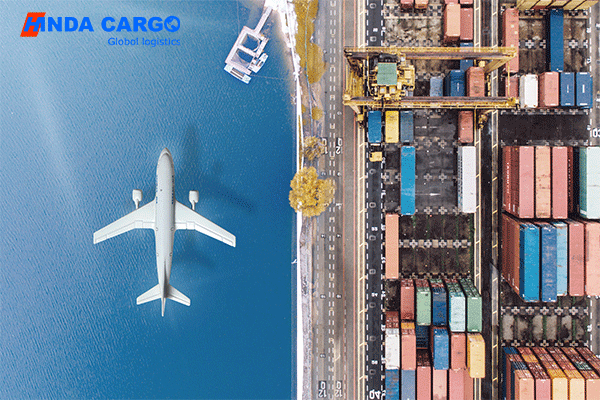
Customs clearance fees and tariffs - one of the costs that cannot be ignored
In addition to the cost of transportation itself, customs clearance fees and tariffs are also one of the costs that cannot be ignored in international transportation. Customs clearance fees usually include customs clearance fees, storage fees at ports or airports, and other customs-related fees.
Customs clearance fees
In Paraguay, imported goods need to be declared through customs, which involves the service fees of customs clearance companies or freight forwarders. Customs clearance fees vary according to factors such as the type, quantity, and value of the goods. Generally, customs clearance fees in Paraguay range from US$200 to US$500 per shipment. If the goods require additional customs inspections or document reviews, additional customs clearance service fees may also be incurred.
Tariffs
Paraguayan customs imposes certain tariffs on imported goods, which depend on the type and value of the goods. Different types of goods are subject to different tariff rates, usually between 5% and 35%. In addition, Paraguay also imposes value-added tax (VAT) or excise tax on certain special goods, which need to be paid by the owner at the time of customs clearance.
Therefore, when calculating the transportation cost from China to Paraguay, the owner cannot ignore these customs clearance fees and tariffs, as they may account for a considerable part of the total transportation cost.
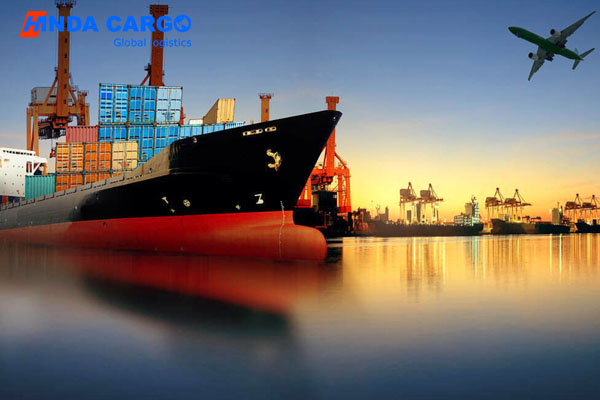
Choose a freight forwarder - control transportation costs
In international logistics, choosing a reliable and experienced freight forwarder is essential to control transportation costs. Freight forwarding companies can help shippers handle all aspects from shipment to customs clearance, including choosing the best mode of transportation, arranging appropriate transportation routes, and handling customs formalities.
Role of freight forwarding companies
Freight forwarding companies usually maintain cooperative relationships with multiple logistics companies, shipping companies, and airlines, and can provide shippers with multiple transportation options and recommend the best logistics path based on the actual situation of the goods. Through freight forwarding companies, shippers can obtain more competitive freight quotes, especially when shipping in large quantities, freight forwarding companies can get better prices for customers through long-term cooperation agreements.
Freight negotiation
In international transportation, freight rates are not fixed. Shippers can negotiate with freight forwarding companies or logistics companies to obtain lower freight rates. For example, when shippers can provide a stable shipment volume or plan long-term cooperation, logistics companies often provide bulk discounts. In addition, shippers can further reduce freight costs by flexibly arranging transportation time according to the difference between the off-season and peak season of transportation.
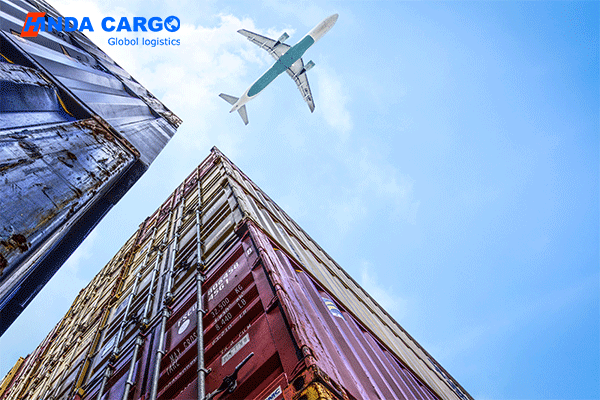
Consideration of other additional costs
In international transportation, in addition to transportation costs and customs clearance costs, there are some additional costs that need to be taken into consideration. Although these fees account for a small proportion of the overall transportation cost, they may cause budget overruns if not paid attention to.
Fuel Surcharge
Due to the fluctuation of international oil prices, many logistics companies will charge a fuel surcharge based on the actual oil price fluctuations. Such fees are usually calculated as a certain percentage of the transportation cost, which may range from 5% to 15%.
Storage Fees
When the goods arrive at the port of destination or destination, if they cannot be picked up immediately, the goods may be stored in a warehouse at the port or airport. Storage fees are usually calculated on a daily basis, and the fees depend on the type of warehouse and the volume or weight of the goods. Especially if the goods are delayed during customs clearance, storage fees can increase rapidly.
Insurance Costs
In order to protect the goods from damage or loss during transportation, many shippers will choose to purchase freight insurance. Insurance costs are usually calculated as a certain percentage of the value of the goods, usually between 0.1% and 0.5%. Although such costs may seem small, for high-value goods, insurance premiums can still have a significant impact on the total cost.




